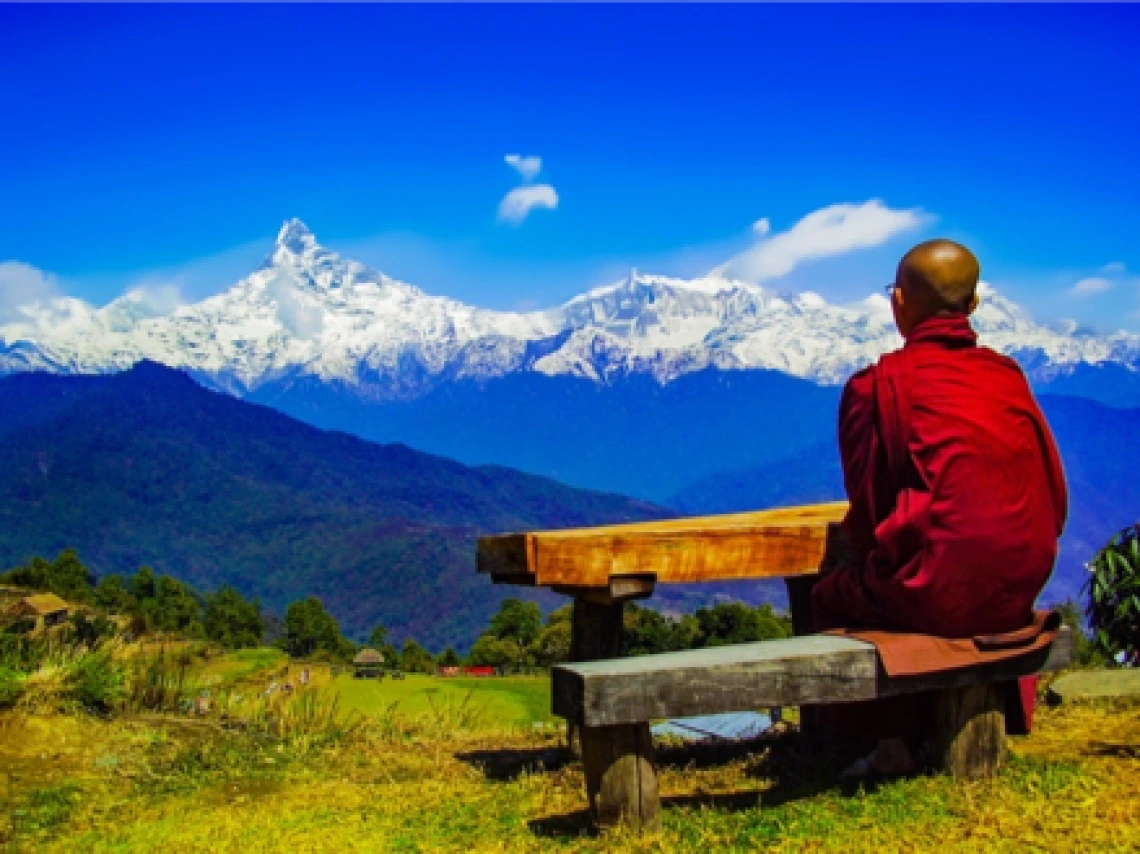Himalayan Glacier Melt and Downstream Water-Security Implications

Dr. Christopher Scott, director of the Udall Center for Studies in Public Policy, is a coordinating lead author of a chapter on Water in the Hindu Kush Himalaya recently published in The Hindu Kush Himalaya Assessment: Mountains, Climate Change, Sustainability and People.
Udall Center Graduate Research Associate Tamee Albrecht is also a contributing author.
The landmark report, compiled by more than 200 authors and edited by scientists at the International Centre for Integrated Mountain Development (ICIMOD), provides a much-needed comprehensive knowledge base for the region and sheds light on the severity of climate change impacts in the Himalayas. The chapter led by Dr. Scott, Dr. Fan Zhang (Institute of Tibetan Plateau Research, Chinese Academy of Sciences) and Dr. Aditi Mukherji (ICIMOD), Water in the Hindu Kush Himalayas, explores how changes water availability, use and governance will affect water security for the nearly 2 billion people living in the Himalayan mountain areas and downstream basins. The open access report is available.
This report has been covered by multiple media outlets. See below for some of the stories.
- BBC: Climate change: Warming threatens Himalayan glaciers
- CNN: Climate change will melt vast parts of the Himalayas, study says
- NY Times: Rising temperatures could melt most Himalayan glaciers by 2100
- The Guardian: A third of Himalayan ice cap doomed, finds report
- Reuters: Thaw of Himalayas set to disrupt Asia's rivers, crops
- Bloomberg Environment: Warming could decimate high-altitude South Asia water reserves


